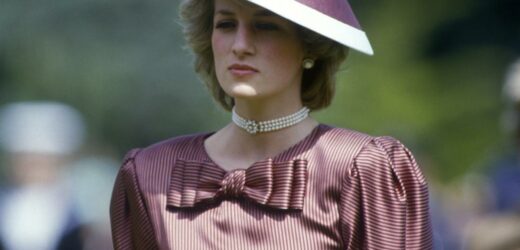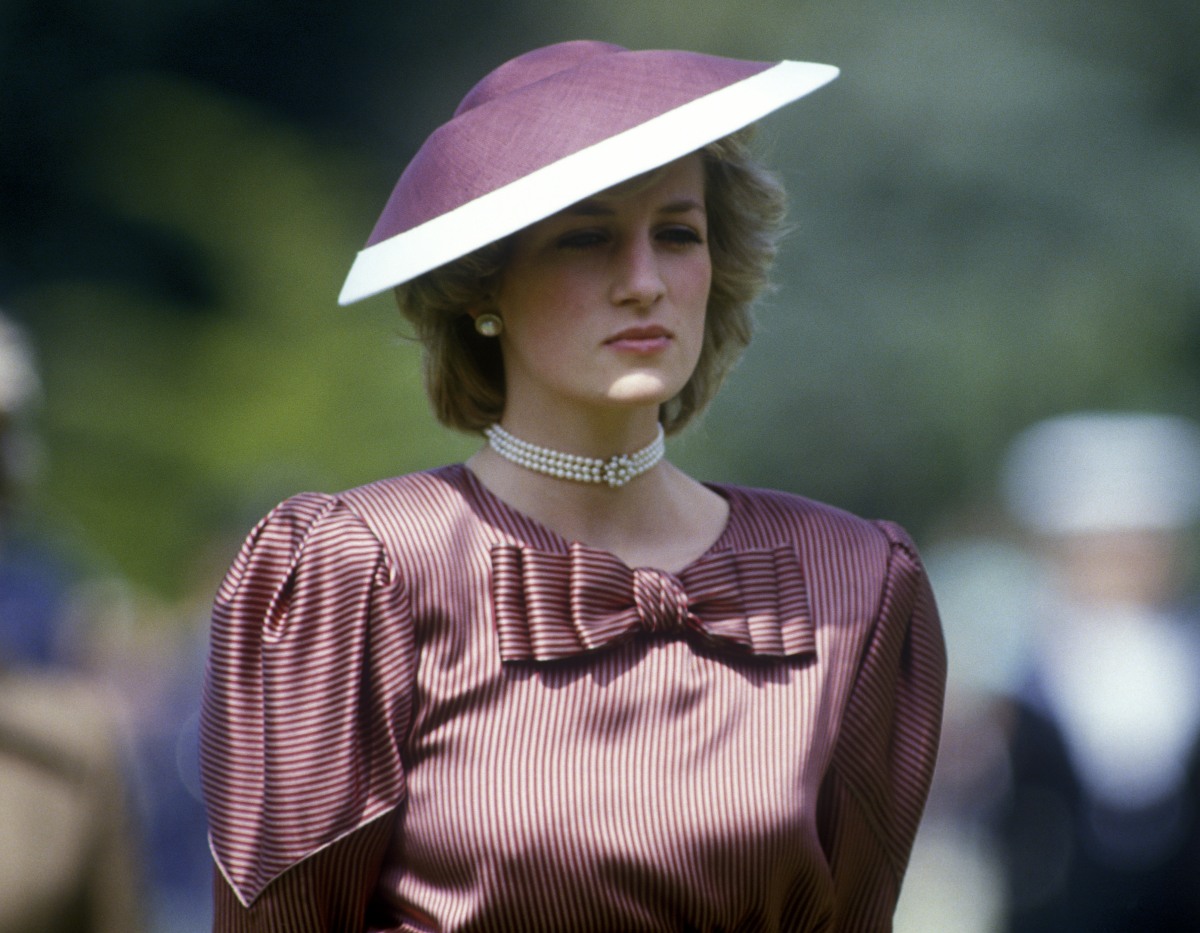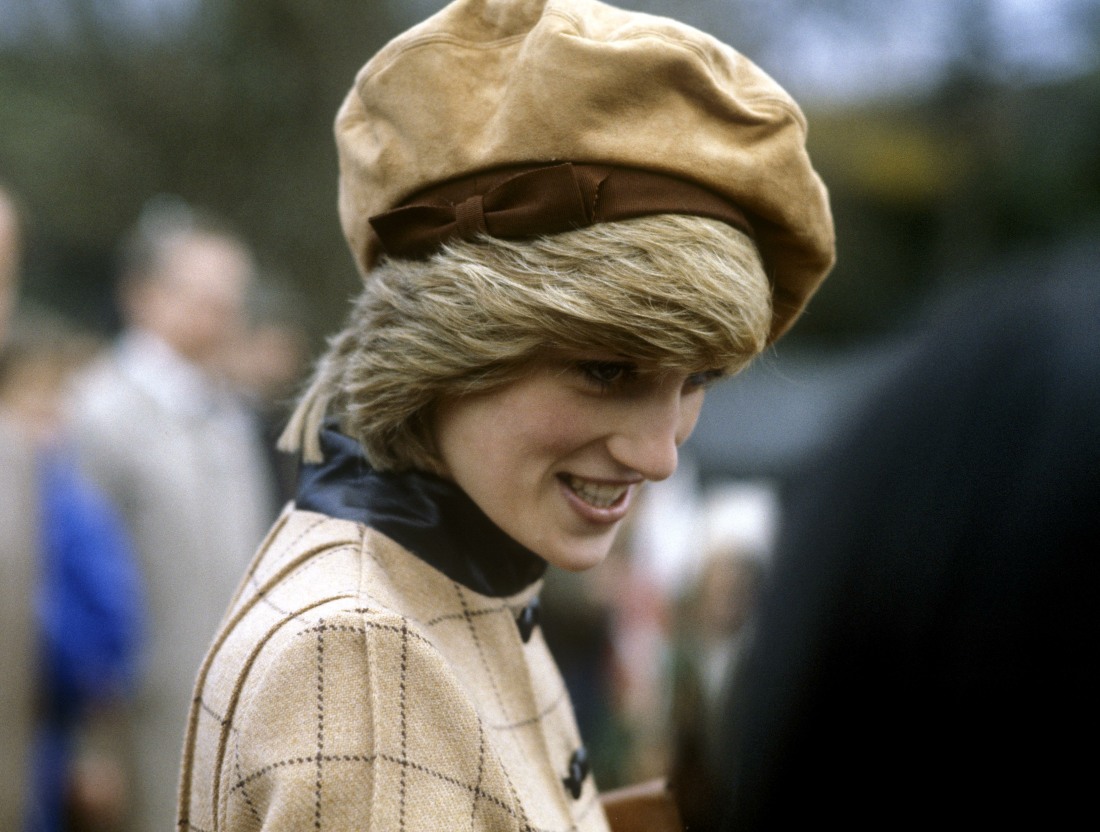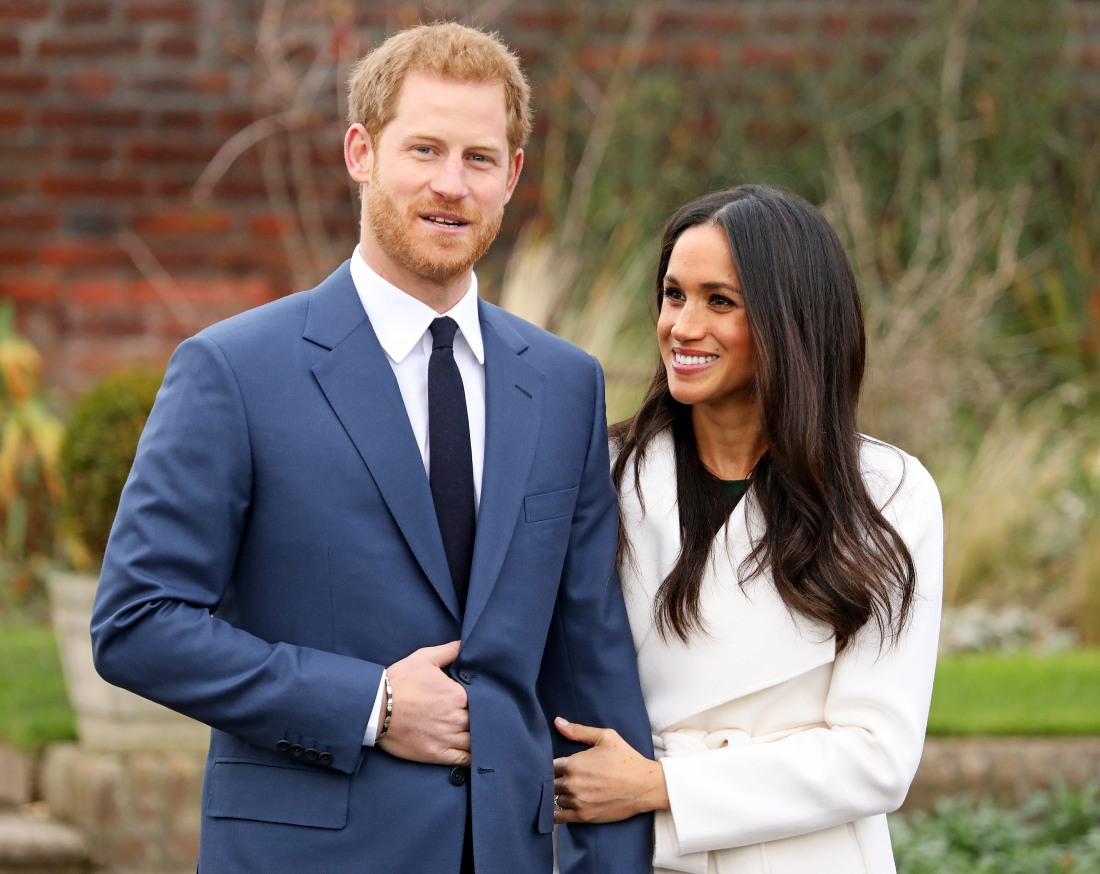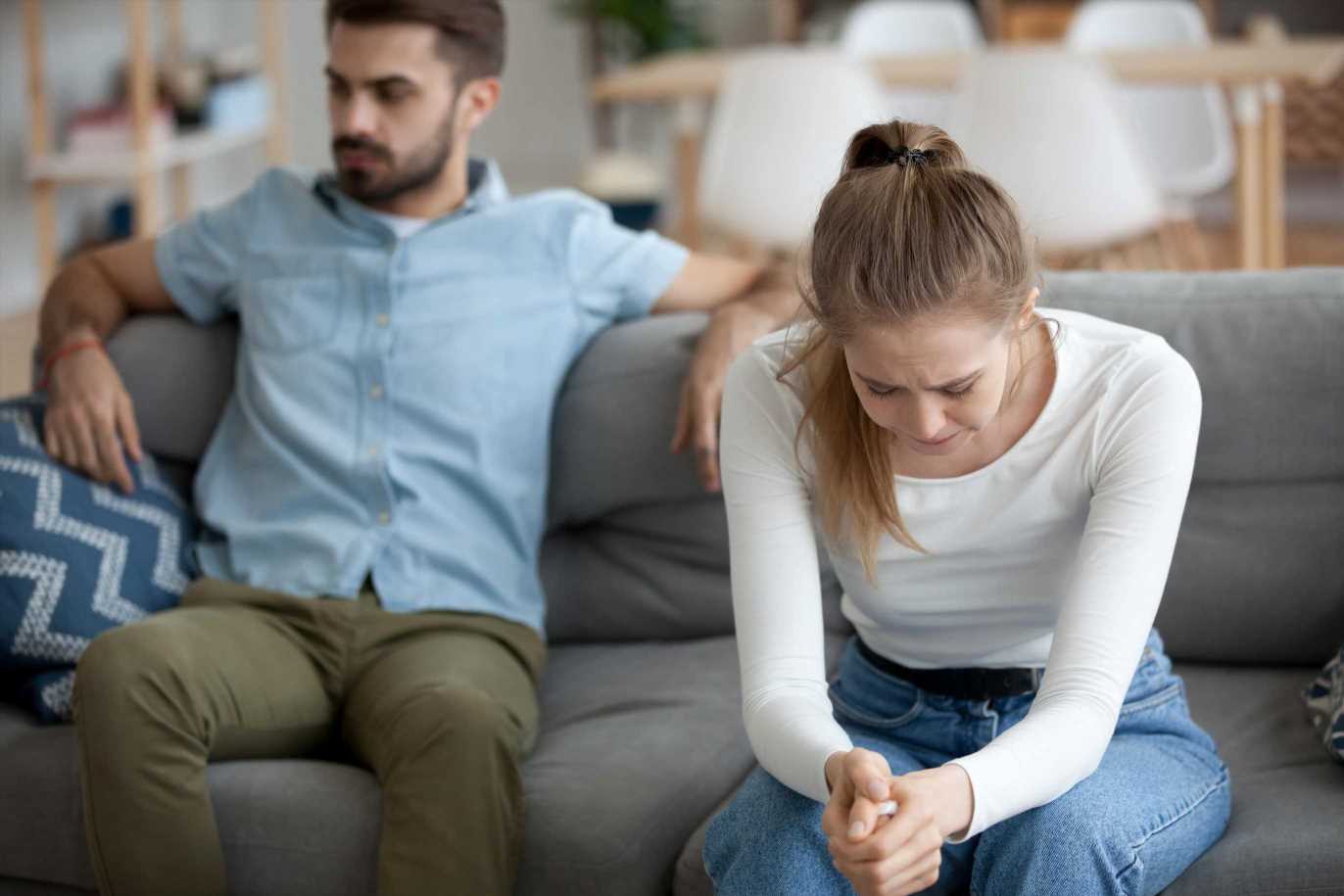The Princess premiered on HBO on Saturday. It was interesting to watch, especially because it absolutely did justice to the timeline of events, and made it clear that Charles gave his Jonathan Dimbleby interview a full year before Diana’s infamous Panorama interview. Some of the most interesting parts of the doc were the “man on the street” interviews done by British networks at the time, and I’m retroactively in love with the attractive man on the street who said that he had zero respect for Charles and the way he treated a “beautiful woman” like Diana. He is perfect.
The director of the documentary, Ed Perkins, did some late promotion for it in the American media. I don’t think Perkins f–ked with the British media at all, which is a smart move. No need to get dragged into their bullsh-t, especially since Perkins was critiquing Fleet Street and the British media as a whole in the documentary. Speaking of, Perkins spoke to People Magazine about how Diana’s treatment reminded him a lot of the Sussexes’ treatment, especially when it comes to the British press.
The intense reaction to Meghan Markle and Prince Harry’s decision to step back from their royal roles in 2020 echoes the public perception and media treatment of Harry’s late mother, according to the filmmaker behind a new Princess Diana documentary.Ed Perkins, the director of HBO’s The Princess, tells PEOPLE that he felt those parallels as he delved into the archives of Princess Diana’s life for his documentary just as Duke and Duchess of Sussex relocated from London to California.
“For a space of about a month or two, it seemed like [Harry and Meghan] were the only thing people were talking about,” Perkins says. “Very few people were apathetic and it reminded me of the response I was seeing in the archive from 25, 30 years previously, where, for the entirety of Diana’s public life, we were dissecting everything.”
“People had strong polarized opinions all the way throughout her life and after her death, and it did feel interesting that there was a sort of similar national conversation happening 25 years later,” he continues.
Regarding the lack of editorializing within the documentary, “We’ve really tried to, in good faith, make the film that we found in the archive and that we feel is fair and balanced,” Perkins says. “It would be wrong to tell this story without talking about press excesses, the paparazzi that you see following Diana. It’s right that we talk about that — it was a big part of the story.”
“But this film isn’t about assigning blame,” he adds. “And the story is more complicated than that. The truth is that we, the people, create demand for newspaper articles or for photos. Yes, this film is ostensibly about Diana, but actually, the really interesting thing for me is what does Diana’s story say about all of us? What does it say about our relationship to the monarchy more widely? What does it say about our relationship to celebrity? I think it’s important to have a kind of adult conversation about our role in the story.”
The story is both a “sensitive” and “complicated one,” Perkins admits and concedes it’s “probably not a story that the royal family is desperate to continually revisit for obvious reasons.”
“I come out the other end of it actually feeling a lot more sympathetic towards the specific characters involved and the challenges that those roles that they are born into put upon them,” the filmmaker says. They are “human beings with all the same flaws and fallibilities as you and I, but living in this very complicated and sensitive position in society. They’re trying to do a very difficult job well, and, like all of us, don’t always get it right.”
[From People]
I have my own thoughts about “the challenges that those roles that they are born into put upon them.” There’s generational trauma – which we are clearly dealing with – and there’s also a simple, uncomplicated inability to move forward. The Windsors are largely frozen in amber by their own choice, by their own inability to change and modernize. I don’t have sympathy for that. I don’t have sympathy for a bunch of petty, jealous racist parasites who thought the answer to all of their problems was smearing and exiling a Black woman. As for what Perkins says about the parallels between Diana and the Sussexes… it does deeper than what he says. The Windsors are terrified of Harry and Meghan because the Sussexes represent the same existential threat that Diana represented.
Photos courtesy of Avalon Red.
Source: Read Full Article
